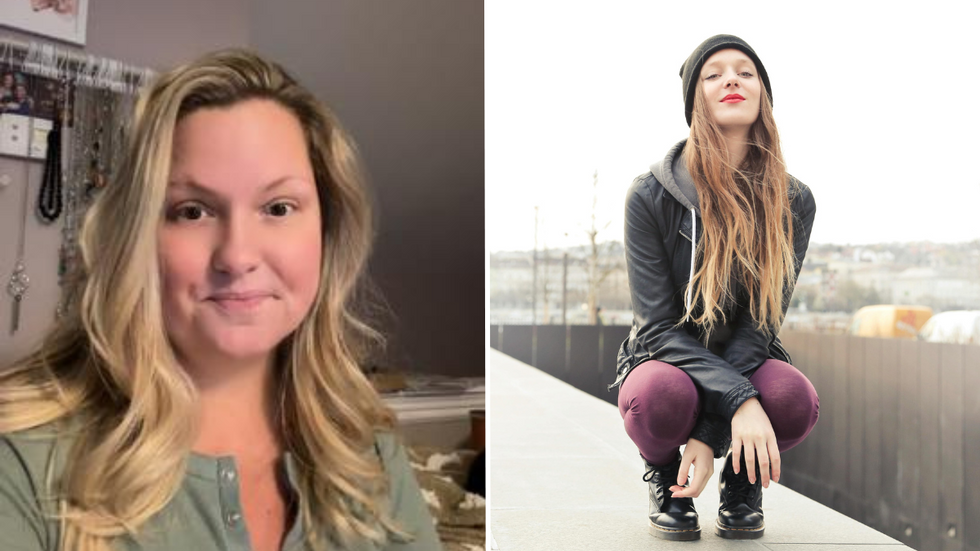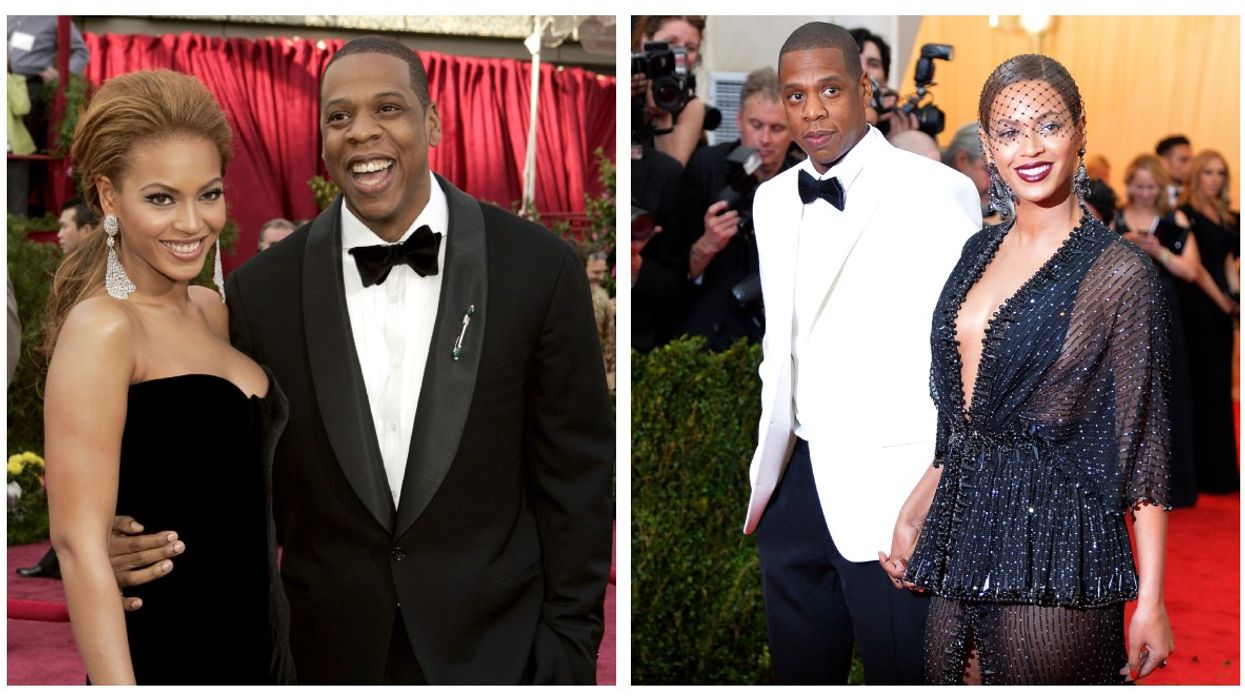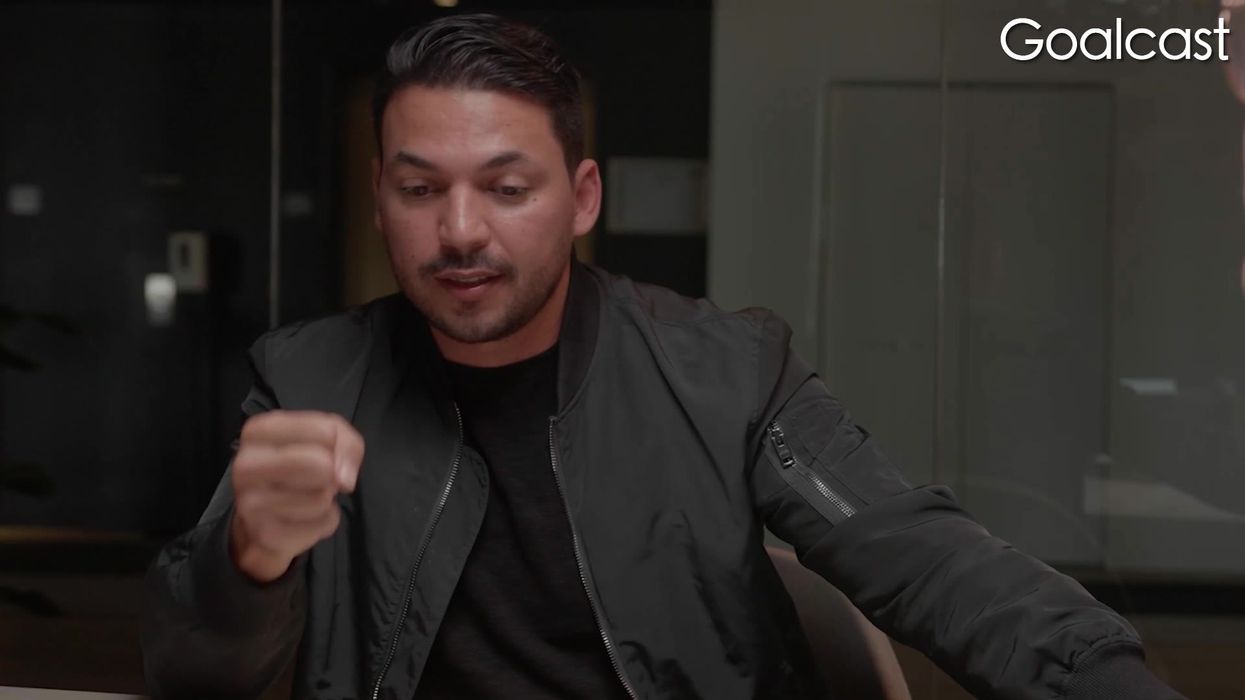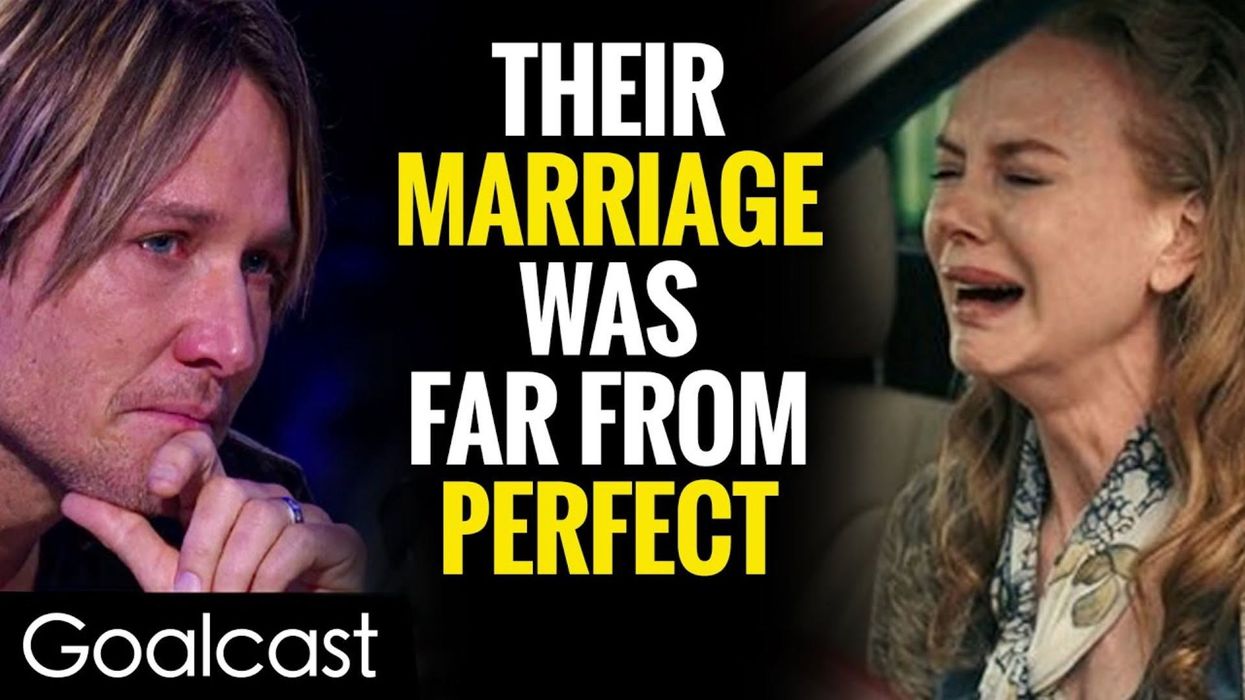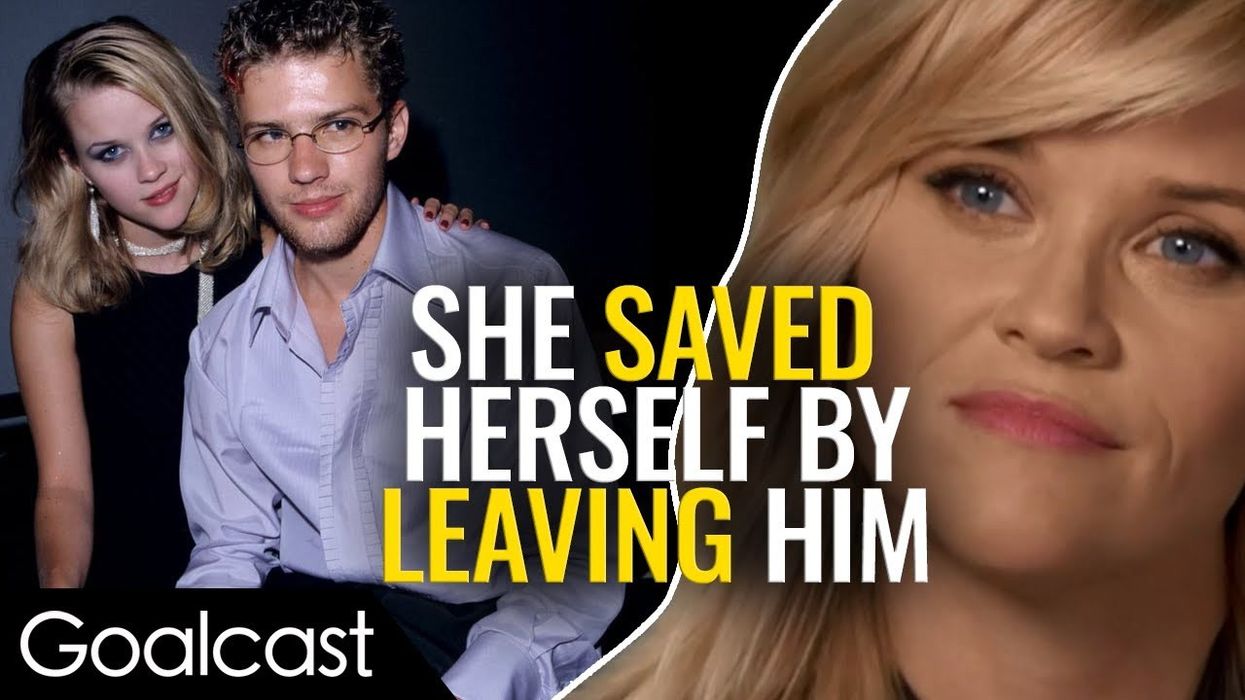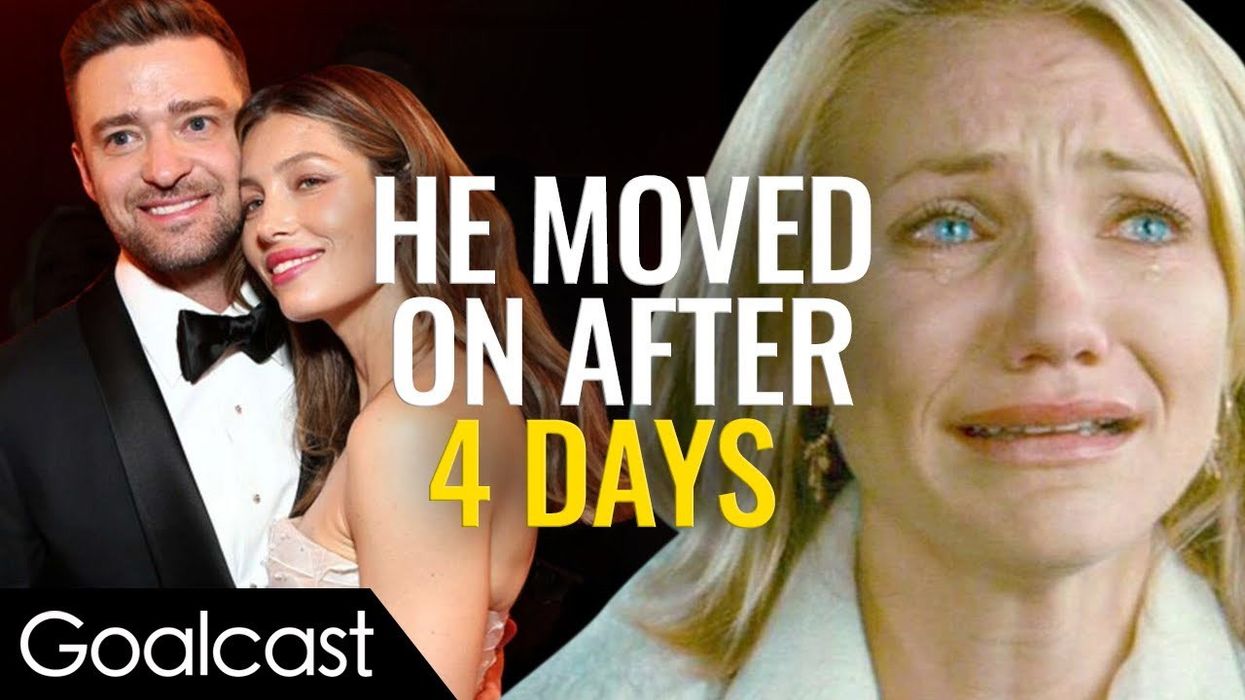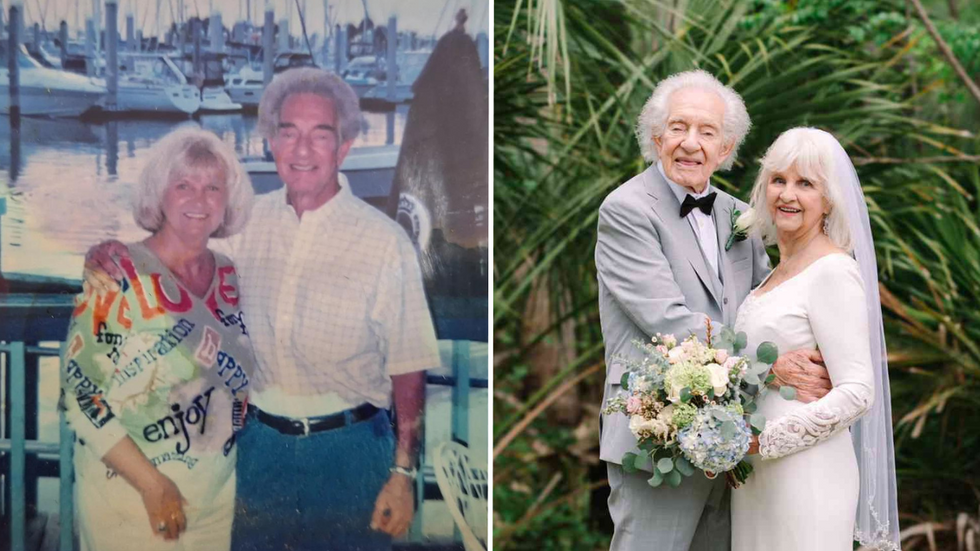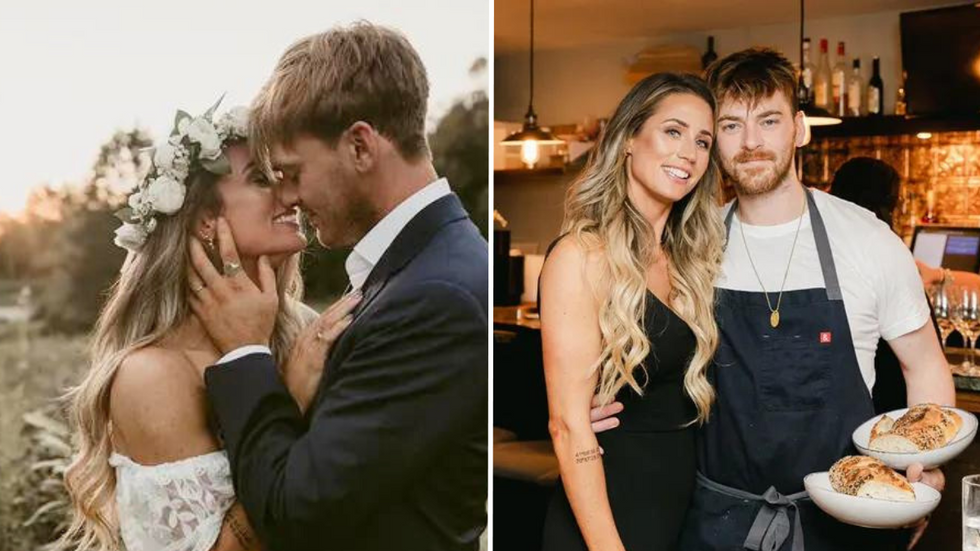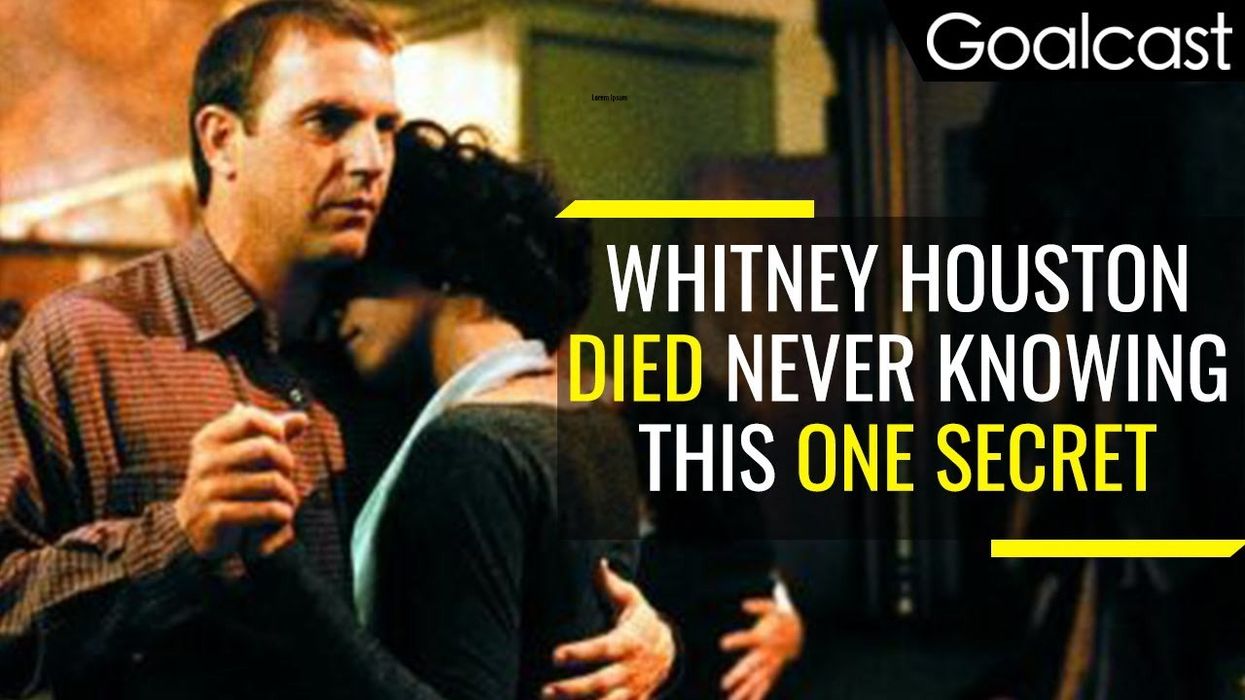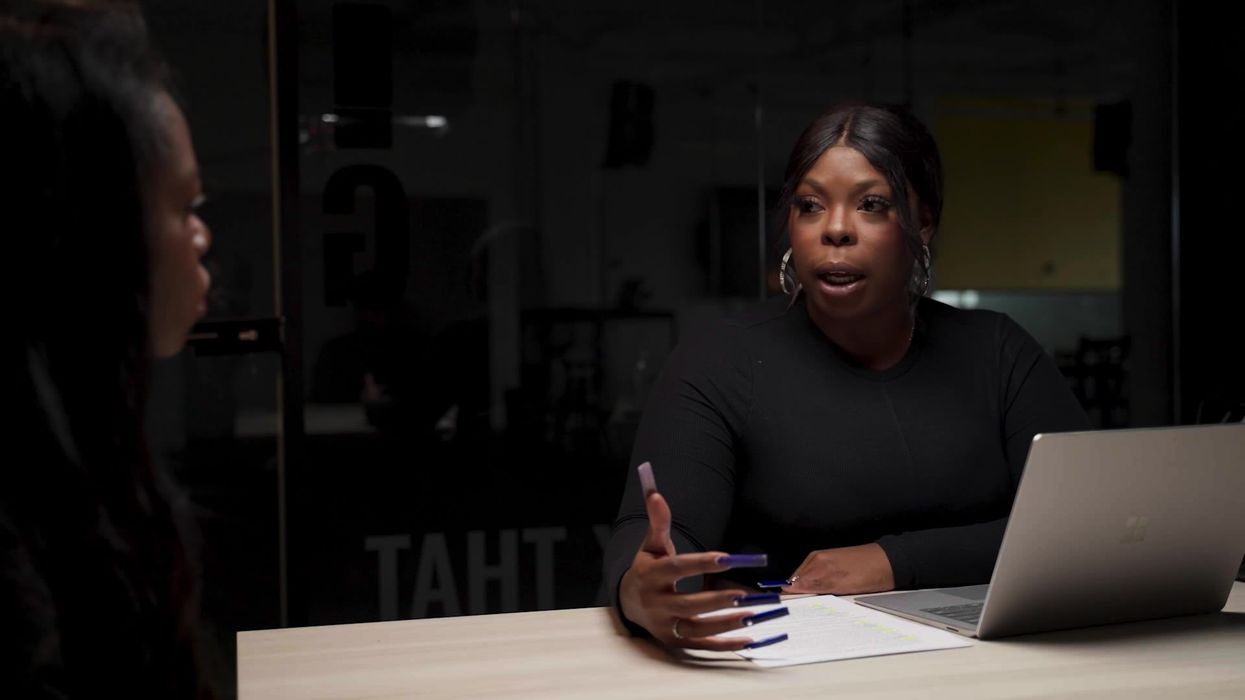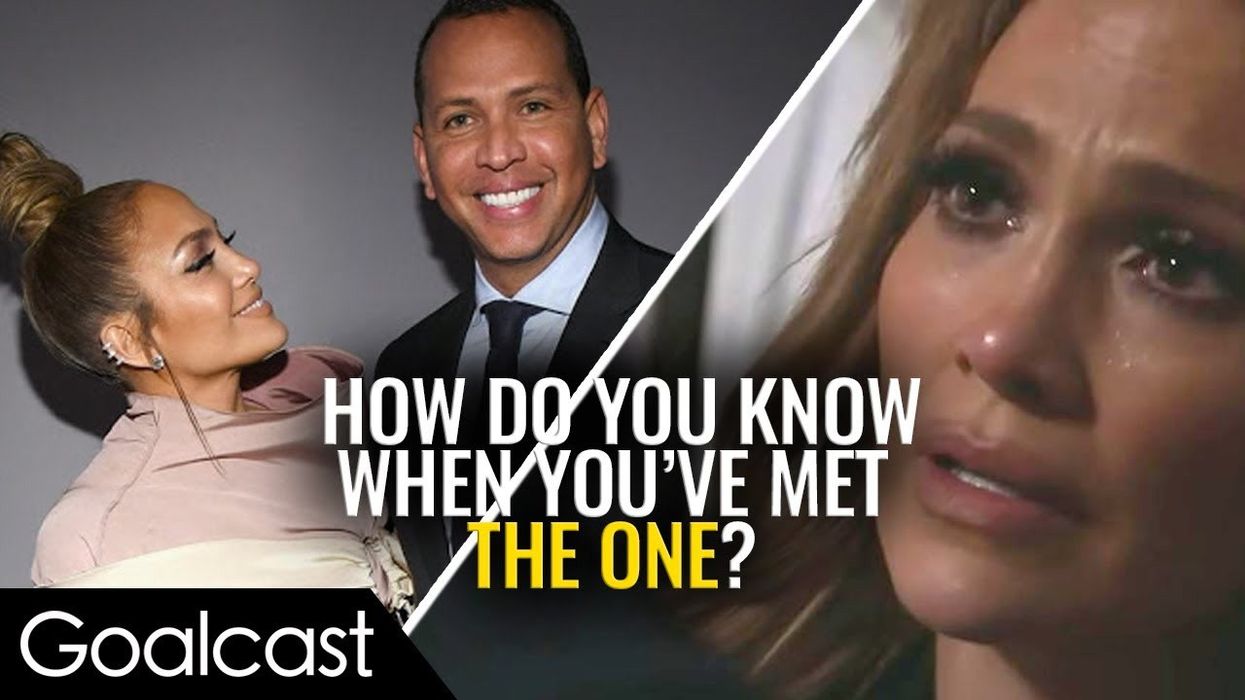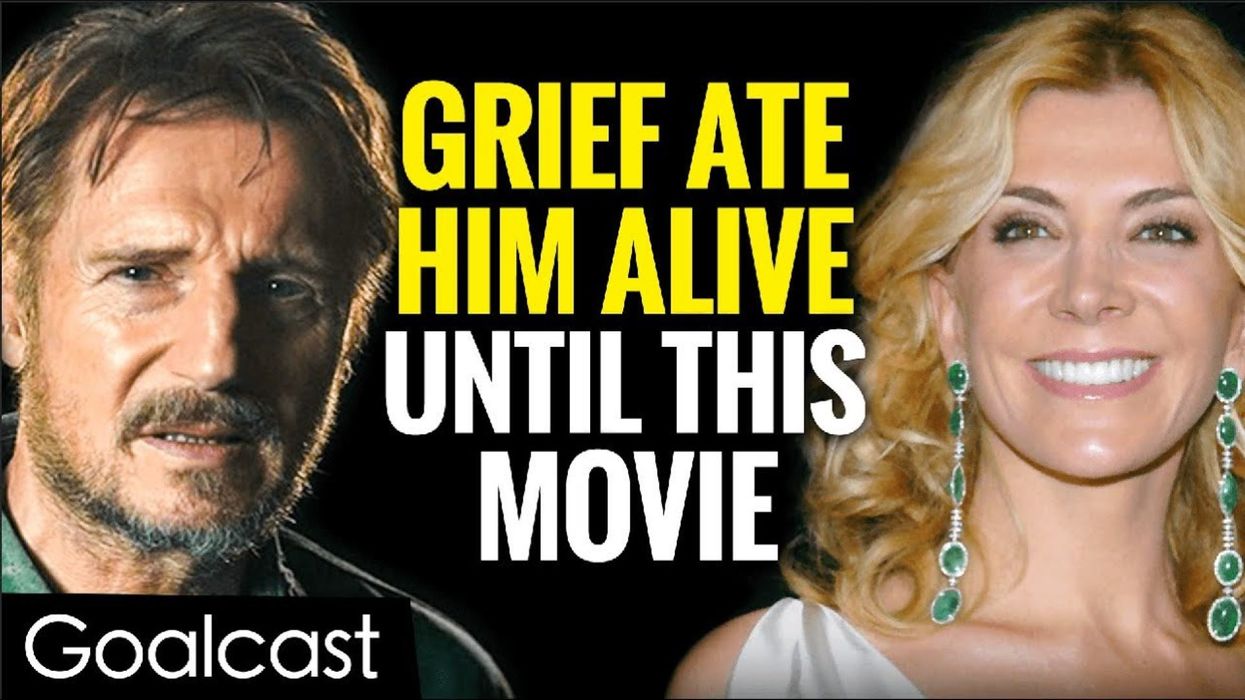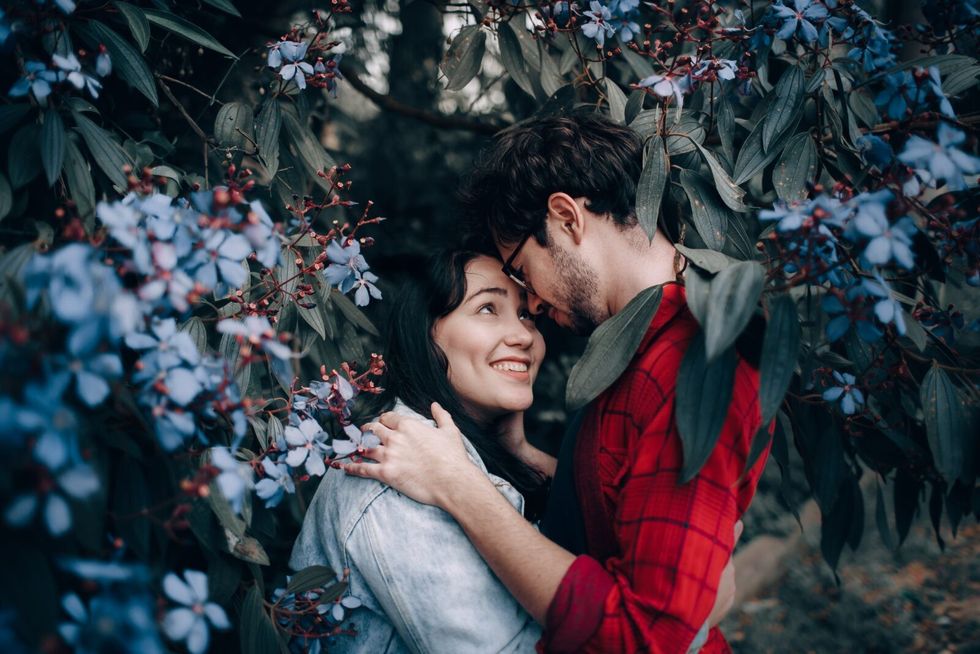
How I'm Cultivating Intimacy Outside of Romance
Romance is the most obvious source of intimacy, but it's not the only one. Here's how to cultivate intimacy minus the romance.
For most of my adult life I’ve been a “relationship person.” Although I’ve been fortunate to have close relationships with friends and family, I’ve always found it easier to be fully open, fully expressive, and fully intimate in the framework of a romantic relationship.
My first serious relationship formed when I was 15 years old. In the 14 years since, I’ve spent most of my time in relationships, lasting from a few months to a few years. Rarely have I had significant stays in the land of single-dom.
I told myself that romance was the most important thing
I swore I would never minimize the connections formed with significant others -- but over the past few years I’ve delved deeply into the reasons why I felt that way.
My path of self-enquiry touched upon a few humbling, uncomfortable truths.
Initially this led to a painful, yet life-changing realization: romance had become codependency, a way for me to attain value and worth I wasn’t getting from myself.
The myth of romantic love and all its dopamine-fuelled highs and lows had become my own false-promise of salvation.
I put all my intimacy eggs in the romance basket
This year I’ve challenged myself. I intend to be more loving, more compassionate, more caring, more authentic, more vulnerable, and more honest with those I love. I want to express and connect beyond labels or socially prescribed boxes. I want to increasingly embody unconditional love, as much as I can.
A quick disclaimer — social anxiety is my background, but I have been able to nourish rewarding, intimate, beautiful relationships nonetheless. Still, as my anxiety has reduced and my ability to express myself increased, the quality of all my relationships have improved.
What is the difference between romantic, platonic, and familial relationships?

Why did I give myself extra permission in the context of cupid’s arrow? Clearly, it wasn’t just about sex -- but sex was a bridge to cultivating a deeper sense of connection for me.
Upon reflection I realized my intimacy imbalance was due to a number of factors.
Comfort vs connection
Sex is an exceptionally intimate act. With a sexual partner, cushioned by pillow talk, I felt comfortable opening my heart to a deeper level. Partly — and I see this as a cultural problem — I’d overly emphasized physical intimacy.
The sexual act was a precursor to other forms of intimacy; of sharing the emotional, mental, spiritual aspects of myself. By buying into the link between physical intimacy as a precursor to other forms of intimacy, I’d created a subconscious barrier from non-sexual relationships.
Additionally, I wasn’t as comfortable with non-sexual physical intimacy, instead “reserving” this form of connection for my romantic partner.
I was placing all of my intimacy needs on one person — that’s a big ask.
The path of the heart
Taking the leap to greater intimacy in all relationships is a path of heart. True human connection requires vulnerability, trust, awareness. It demands radical authenticity, a revealing of our deeper selves beyond the persona. Intimacy demands we work, tirelessly cultivating self-compassion and self-love, so we can express love without neediness or craving.
The modern world is full of distractions, but the leap to greater intimacy demands our attention and focus.
When you love someone, the best thing you can offer is your presence. How can you love if you are not there?
Thich Nhat Hanh
Recollect time spent with someone who is distracted; glancing at their phone, losing track of conversation. You’ll likely experience a sense of disconnect.
Conversely, think of some of the most significant shared moments you’ve had. You will find the levels of connection and presence you felt were exceptional.
Feel your fear - and connect anyway
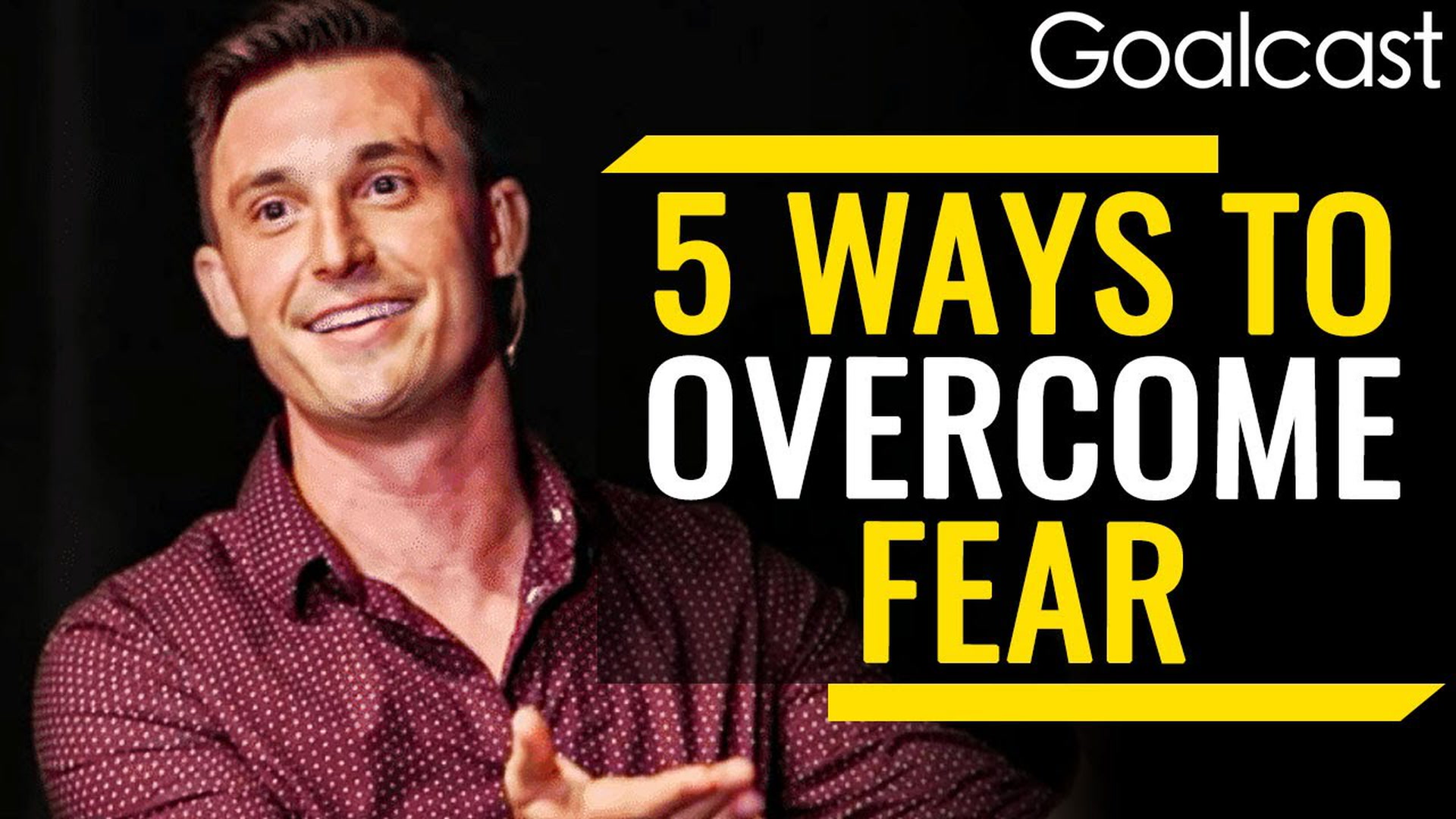
Last but not least, the leap to greater intimacy requires courage. Each of us will have our own “intimacy zones.” Any act or conversation outside of this zone will be accompanied by fear.
The task is to push yourself through, to feel the fear and act anyway. Run the risk of rejection, knowing you’ll be okay whatever the outcome.
Depending on where you are in your life, your intimacy zone may be talking to a stranger or hugging someone or telling someone you love them. Start by meeting yourself where you’re at, and take a leap from there.
Dare to be vulnerable. Dare to connect.
In modern times, this is an unconventional act. But I’m not here to play by convention — and you’re not, either.












